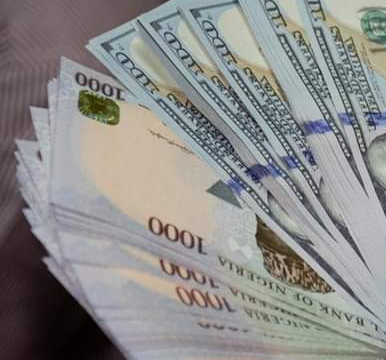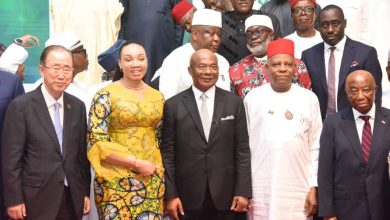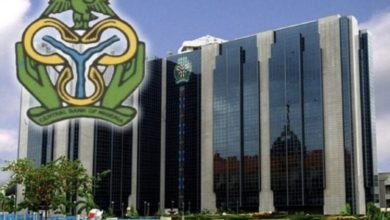
Ifeanyi Eduzor with Agency Report
The value of the naira sank to its lowest on Thursday afternoon as it changed to the United States dollar at N1,000 on the streets.
According to a report by Citizens NewsNG, it is hovering around N800 at the Investors and Exporters window. Currency traders on the street said the naira, which started the day trading around N950 to the dollar, depreciated to N1,000 due to rising demand.
The dollar sells higher in Lagos where it traded for N1000 at the time of filing this report. In Abuja and Port Harcourt, the price of the dollar is N980/$1, while it is selling for N965/$1 in Kano.
A market survey by showed that in the black or parallel market, the dollar is gaining more strength against the local currency, despite the government’s promise to crash the price of the dollar to increase the value of the naira.
Depreciation of the naira is coming weeks after the acting governor of the Central Bank of Nigeria (CBN), Folashodun Shonubi said, the apex bank is working with the commercial banks to clear the $10 billion foreign exchange backlog.
Shonubi said, the backlogs would be cleared through different structures within the forex market, adding that, banks, which control 75 per cent of the forex transactions, will play a significant role in seeing that the backlog is cleared.
“As a matter of fact, there is a large amount of the obligations that the banks in Nigeria have already taken on. So, what happened was that, at maturity, they made the foreign exchange available for those who needed to use them like importers and what have you.
“There are some customers who still have their obligations and part of the restructuring with the banks in Nigeria, is also to clear that backlog. That is something we have been discussing for a while.
I expect that we will do that, within the next one or two weeks.
“What that means, therefore, is that this obligation that people keep on talking about will not be left. Today, we still intervene in the market, so it is not as if it has affected our ability to make monies available to banks in the Investors and Exporters foreign exchange market,”





